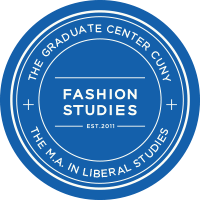Paul J. Smith
Distinguished Professor of Spanish, Graduate Center
Paul Julian Smith came to the Graduate Center as Distinguished Professor in 2010. He is an internationally recognized critic in Hispanic cultural studies. He has been Visiting Professor in 10 universities including Stanford, NYU and Carlos III, Madrid and has given over 100 lectures and invited papers around the world. Elected a fellow of the British Academy in 2008, his interests are wide-ranging and interdisciplinary. His Writing in the Margin (Oxford University Press, 1988) was the first systematic application of poststructuralist critical theory to literature of the Spanish Golden Age, and The Moderns: Time, Space, and Subjectivity in Contemporary Spanish Culture (Oxford University Press, 2000) was a groundbreaking examination of Spanish urban space. As the Spanish film critic for the British Film Institute’s Sight and Sound magazine, Smith has written dozens of reviews and, as the author of Desire Unlimited: The Cinema of Pedro Almodóvar (Verso, 1994 and 2000), earned a reputation as the major world scholar on the films of the Spanish director. Smith went beyond the field of cinema in Contemporary Spanish Culture: TV, Fashion, Art, and Film (Polity, 2003) to examine cultural areas that receive less academic attention; and his 2007 work Spanish Visual Culture: Cinema, Television, Internet (Manchester University Press) explores emotion, location, and nostalgia in each of these media. His most recent book is Spanish Practices: Literature, Cinema, Television (Oxford: Legenda, 2012). Smith’s research also focuses on Mexico, including a book on the groundbreaking film Amores Perros (BFI, 2003). He was a juror at the Morelia Film Festival in Mexico in 2009, is a regular contributor to Film Quarterly, and is one of the founding editors of the Journal of Spanish Cultural Studies. A tribute (‘homenaje’) to him was held at the Universidad Complutense, Madrid in 2013. He holds a Ph.D. from the University of Cambridge, where he was the Professor of Spanish for 19 years before coming to the Graduate Center.


